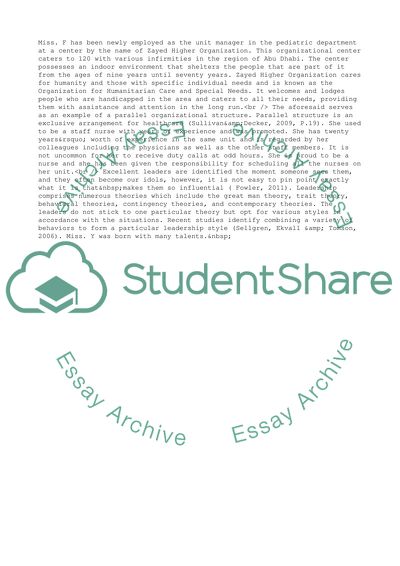Cite this document
(Leadership and Management Concepts for Health Professionals Assignment - 1, n.d.)
Leadership and Management Concepts for Health Professionals Assignment - 1. https://studentshare.org/management/1841675-leadership-and-management
Leadership and Management Concepts for Health Professionals Assignment - 1. https://studentshare.org/management/1841675-leadership-and-management
(Leadership and Management Concepts for Health Professionals Assignment - 1)
Leadership and Management Concepts for Health Professionals Assignment - 1. https://studentshare.org/management/1841675-leadership-and-management.
Leadership and Management Concepts for Health Professionals Assignment - 1. https://studentshare.org/management/1841675-leadership-and-management.
“Leadership and Management Concepts for Health Professionals Assignment - 1”. https://studentshare.org/management/1841675-leadership-and-management.


